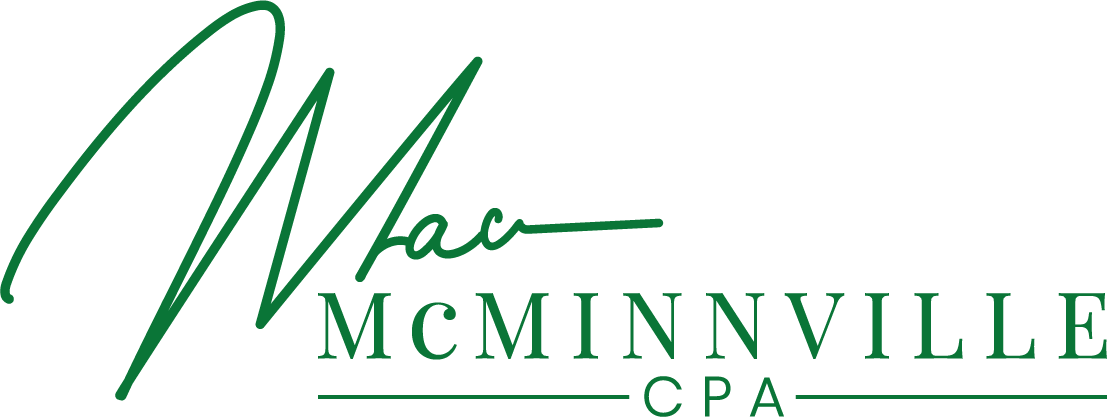As Sam, one of my favorite characters in The Lord of the Rings said to Frodo, the hobbit who was attempting to make the perilous journey from The Shire to Mount Doom to destroy the one ring, “share the load.” How does that tie into my taxes and estate plan? It’s simple: gifting. Many people will not hit the recently announced exclusion for 2018 of $5,600,000 in total assets to have an estate tax filing requirement for federal purposes. On the contrary, in the state of Oregon, the threshold is $1,000,000 which is much more achievable. The state of Oregon charges a tax starting at 10% on assets owned over $1,000,000 at passing. There are exceptions when assets are transferred to a spouse, but that will not be covered.
Gifting can be a powerful tool to avoid Oregon estate tax and an Oregon estate tax filing requirement all together. For Federal gifting, there is a throwback rule for three years, which includes all or a portion of your gift in your gross estate value if it was made three years or prior to passing. Oregon does not have such a rule and allows for what is called deathbed gifting. This means if you have an estate valued over $1,000,000, up until the day you pass you can gift away assets with zero tax attached to the gift to get out of the filing requirement and Oregon estate tax.
As with all tax strategies, there are a few stipulations, though. The first is a federal gift tax return. If your lifetime gifting is under $5,600,000 you will not have to file a federal estate tax return. However, you will still be required to file a gift tax return for the year a gift was given if over $14,000 in 2017 and over $15,000 starting in 2018. Gifts under the annual exclusion amounts do not count against your federal lifetime giving exclusion. If you do give more than the annual gift exclusion there are ways to split the gift with your spouse not covered in this article.
Another item to be aware of is basis. If you are passing along cash or other liquid assets, this is no problem, as there is no change in basis. If you have low basis assets, such as Apple stock purchased in January 2003 when it was about $1 per share, you would want to hold on to that stock until you pass. When you pass away, the assets you held at death receive a step up in basis to the fair market value. When an asset is gifted, the assets retain carryover basis, the basis the gift giver had is passed to the recipient of the gift. The Apple stock today is valued at over $150 per share. If it were gifted then sold, it would create a capital gain of $149 per share. If it was held until death and then sold immediately after, there would be no capital gain to report. The rule of thumb to remember is to hold on to low basis assets and gift the high basis assets.
This is just one way to limit your tax exposure after passing and keep more money and value with your surviving spouse, children, grandchildren, and other beneficiaries of your estate. The above can also be useful when passing a business on to other generations. Before implementing any of the strategies above please consult with a tax professional. If you have any questions about gifting, estate planning and taxes, and transfer of wealth, please reach out today to schedule a meeting.
Fitzpatrick, Johnson & Associates CPAs, is a full service accounting firm providing tax, financial statement, and bookkeeping services based in McMinnville, OR, southwest of Portland, OR.

